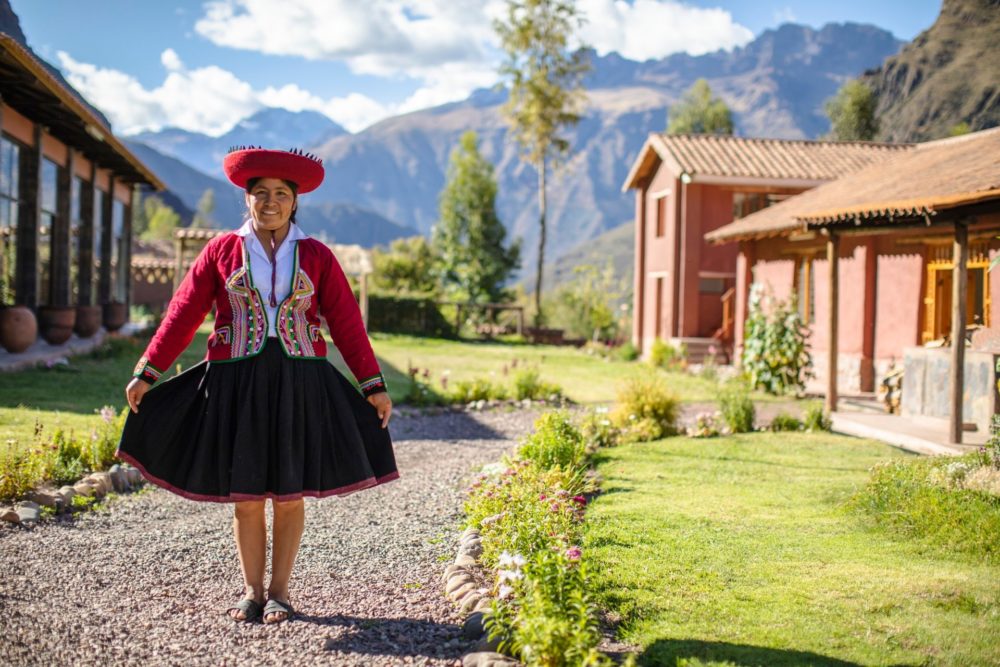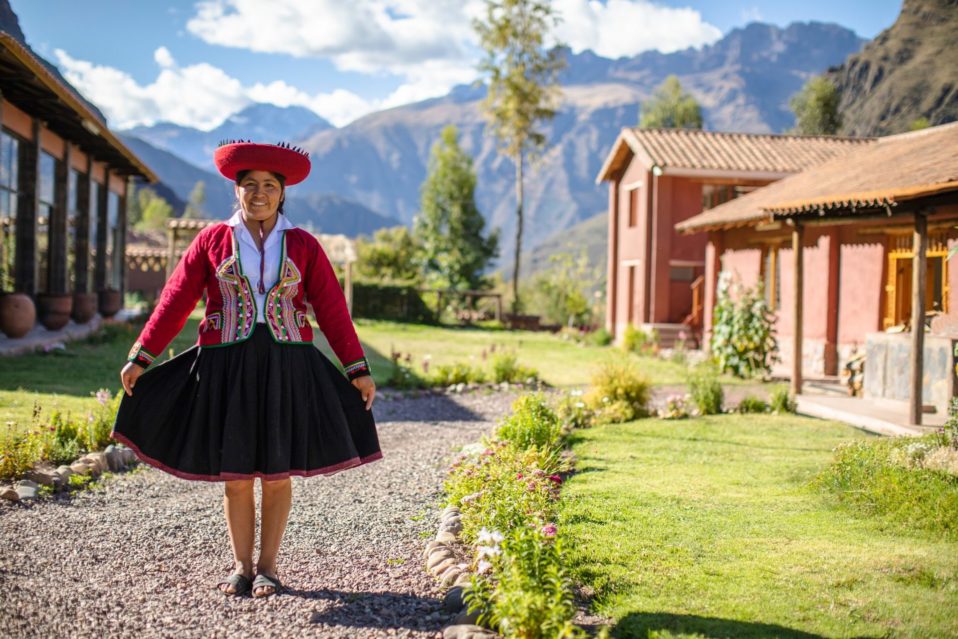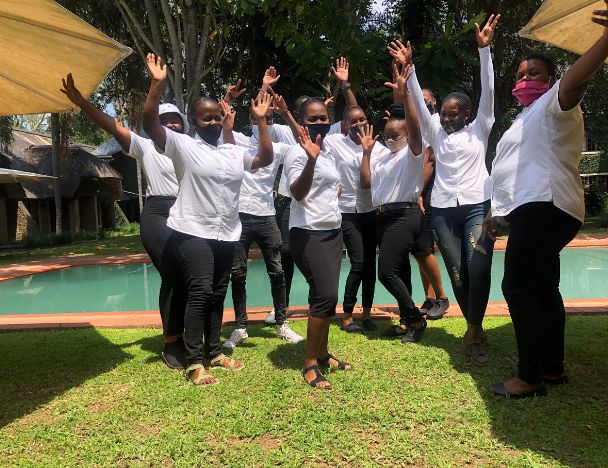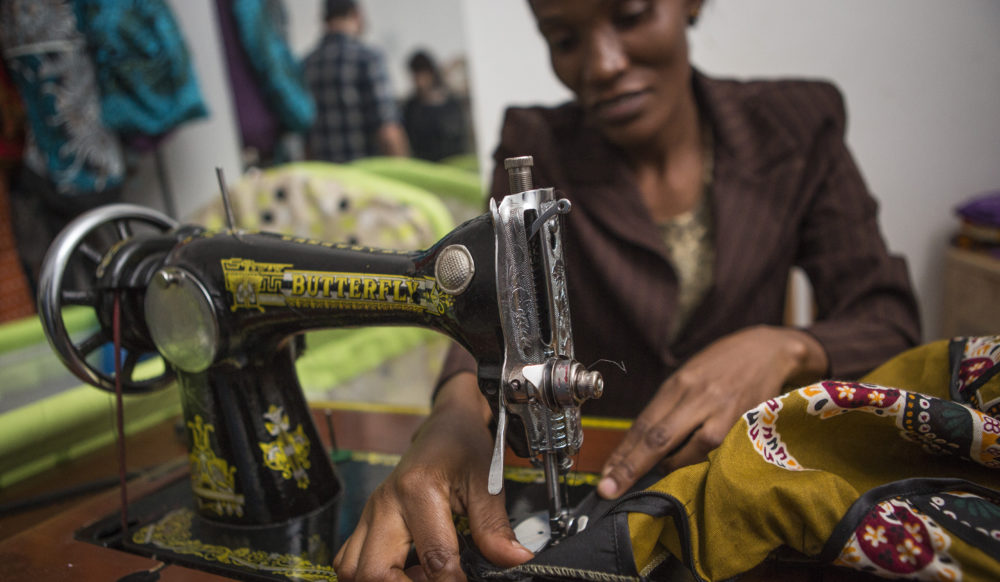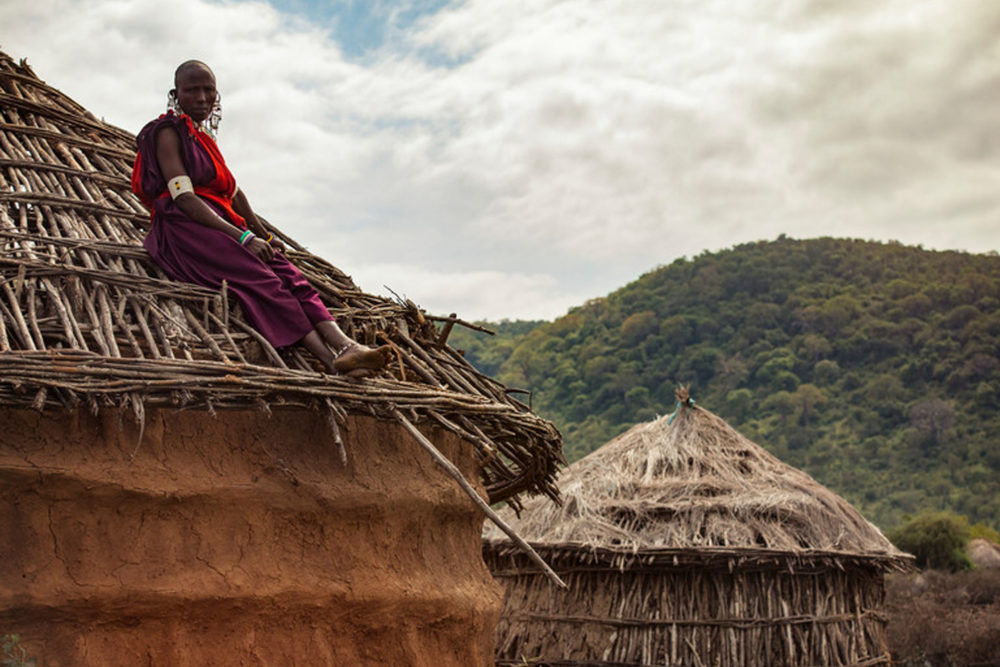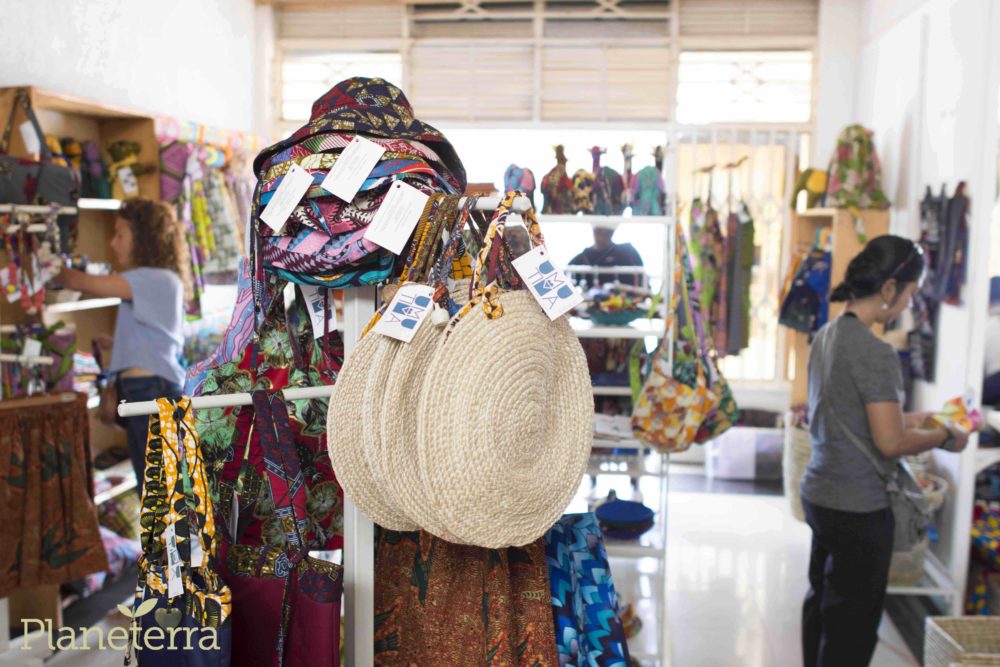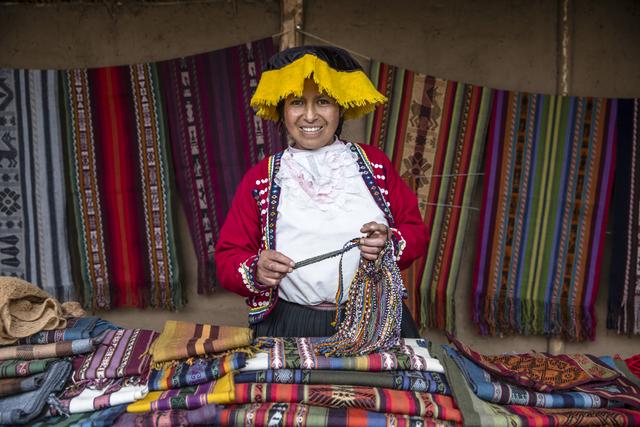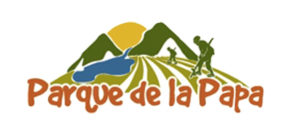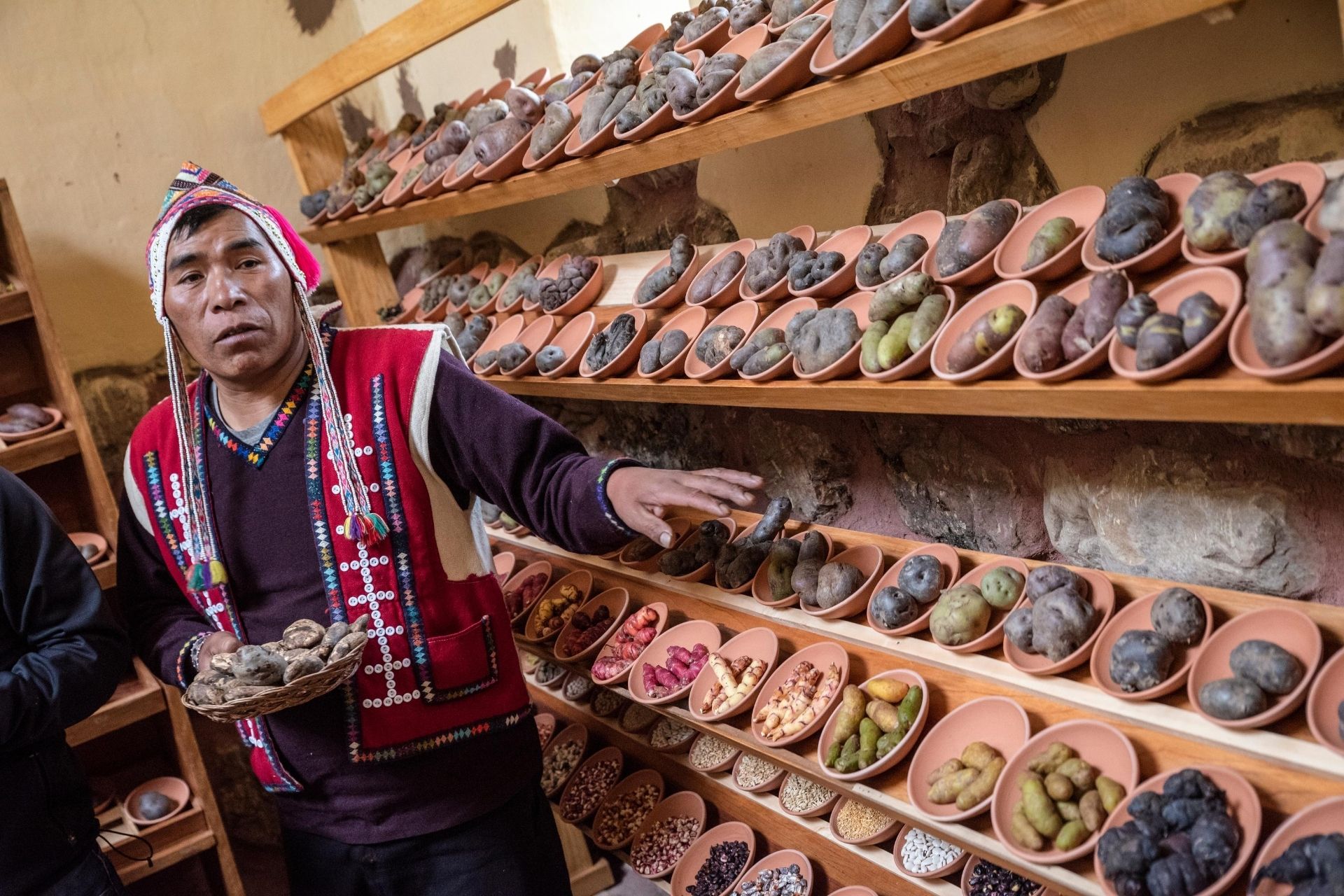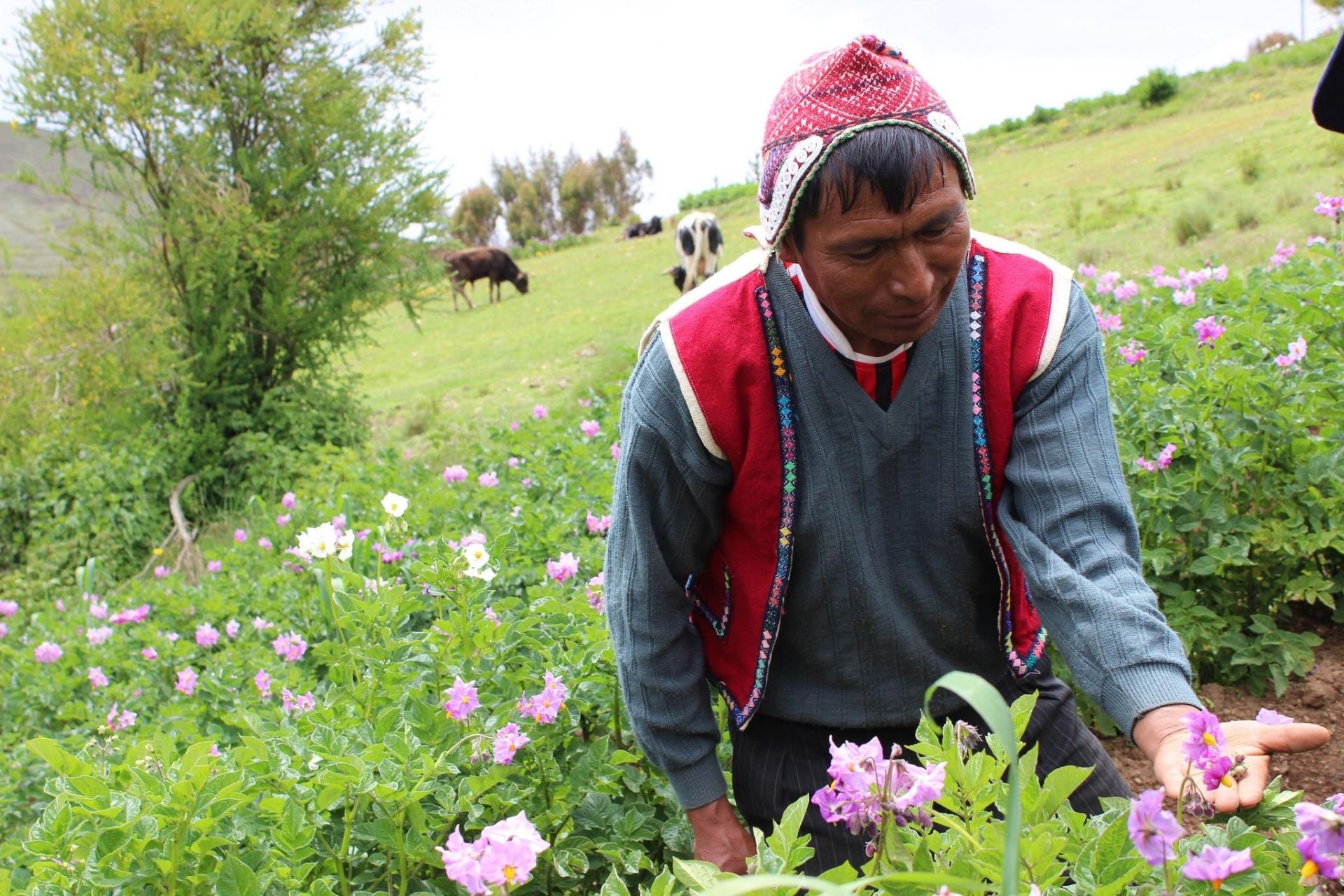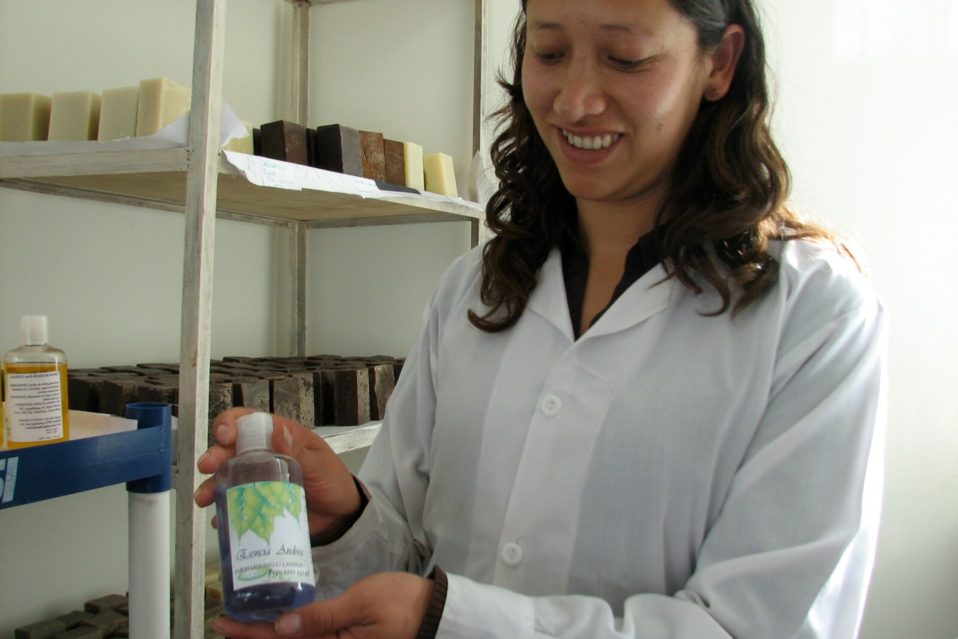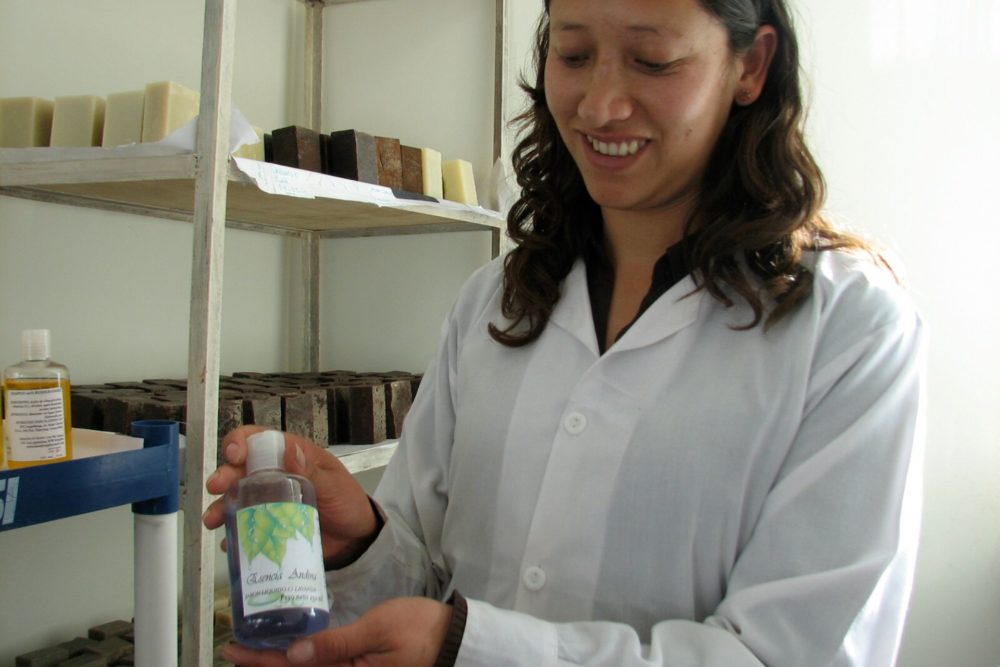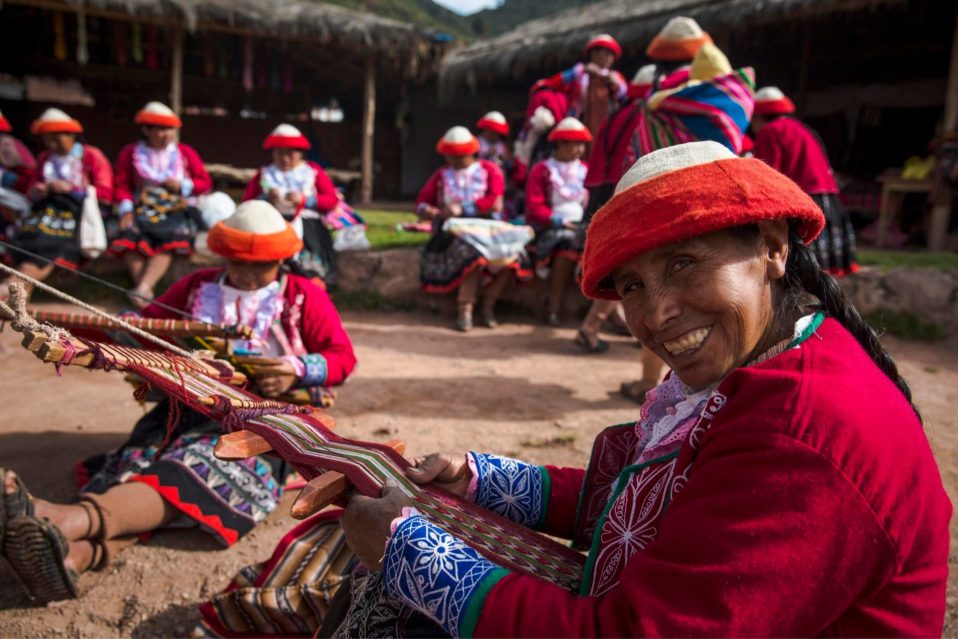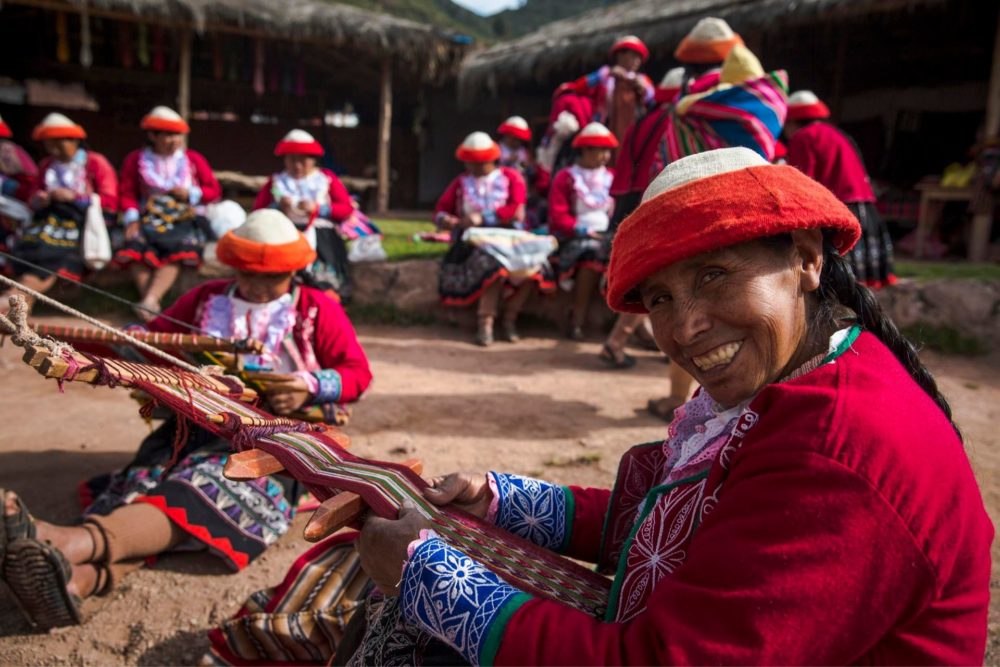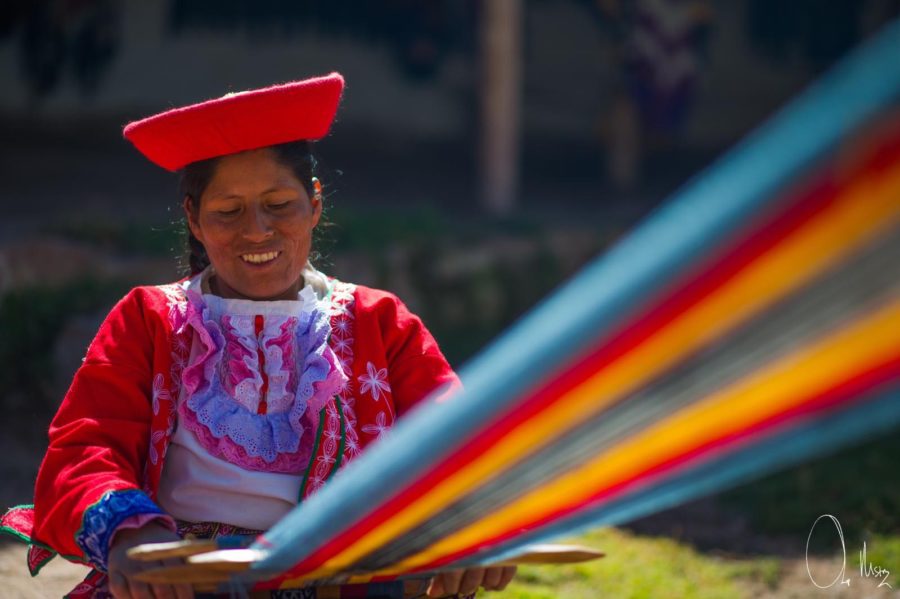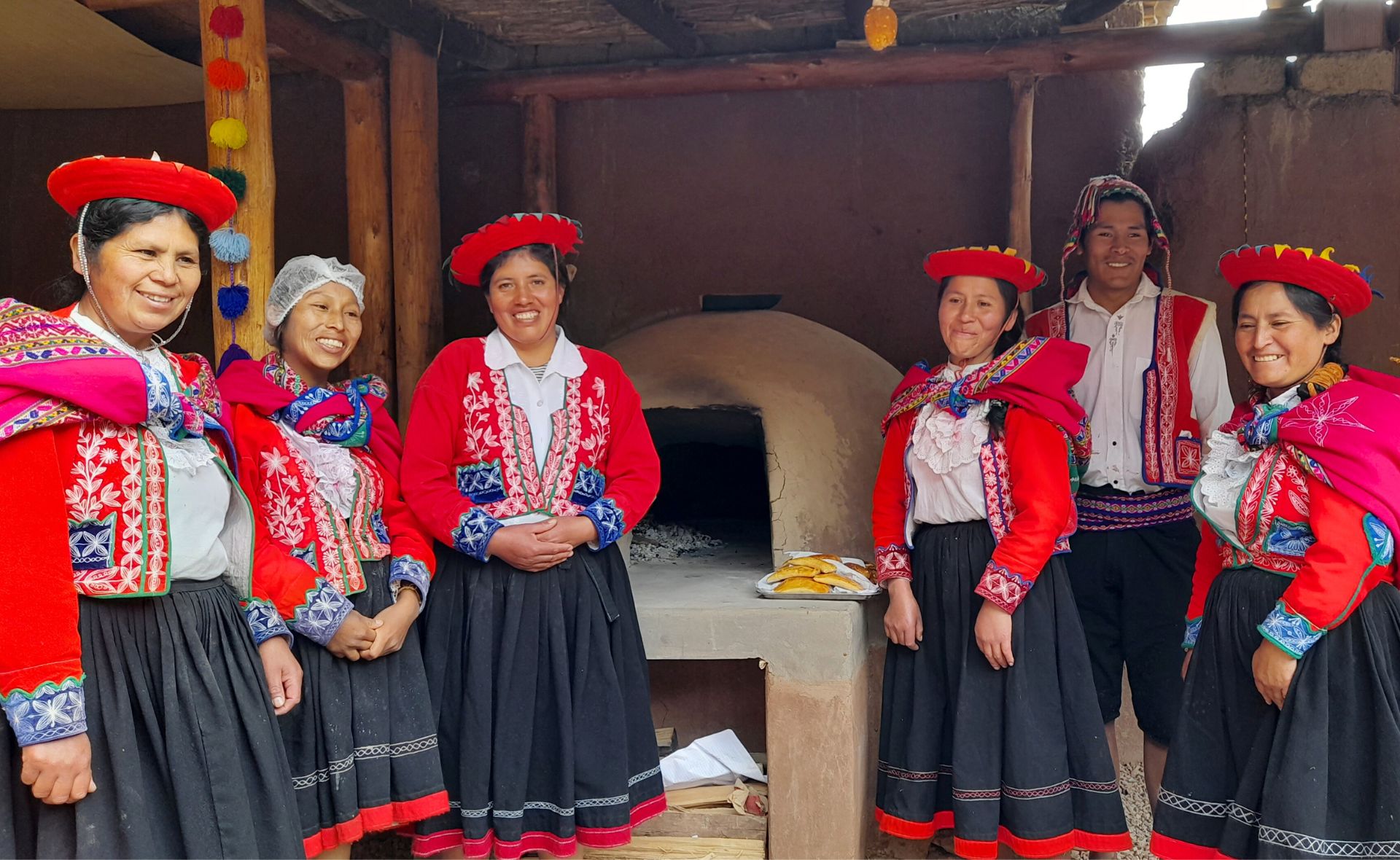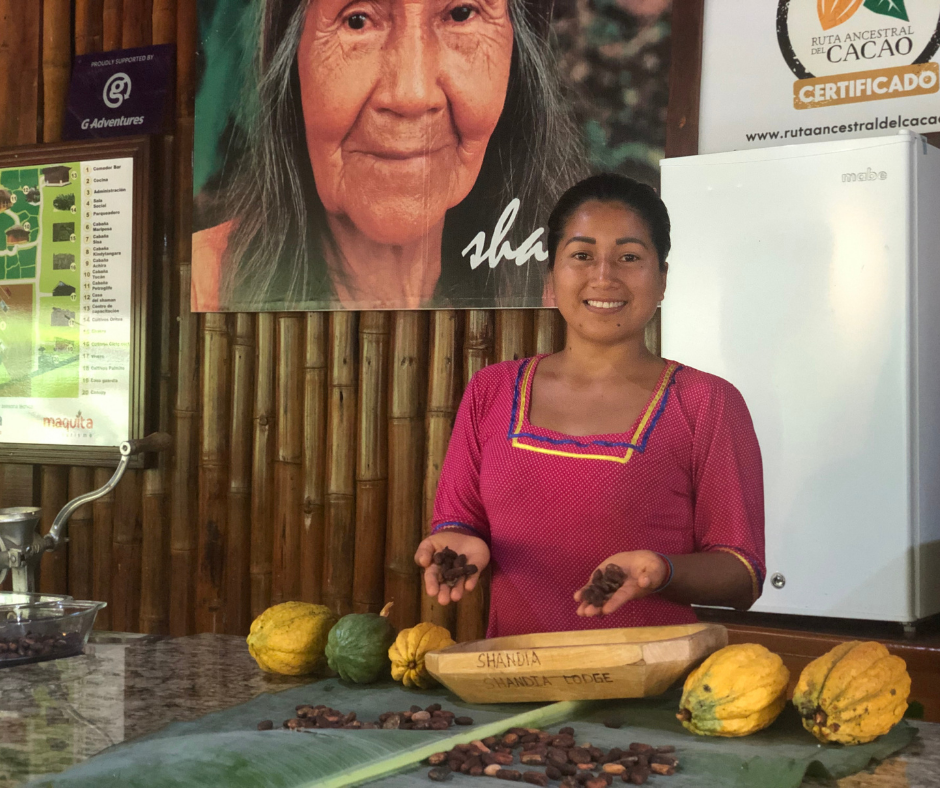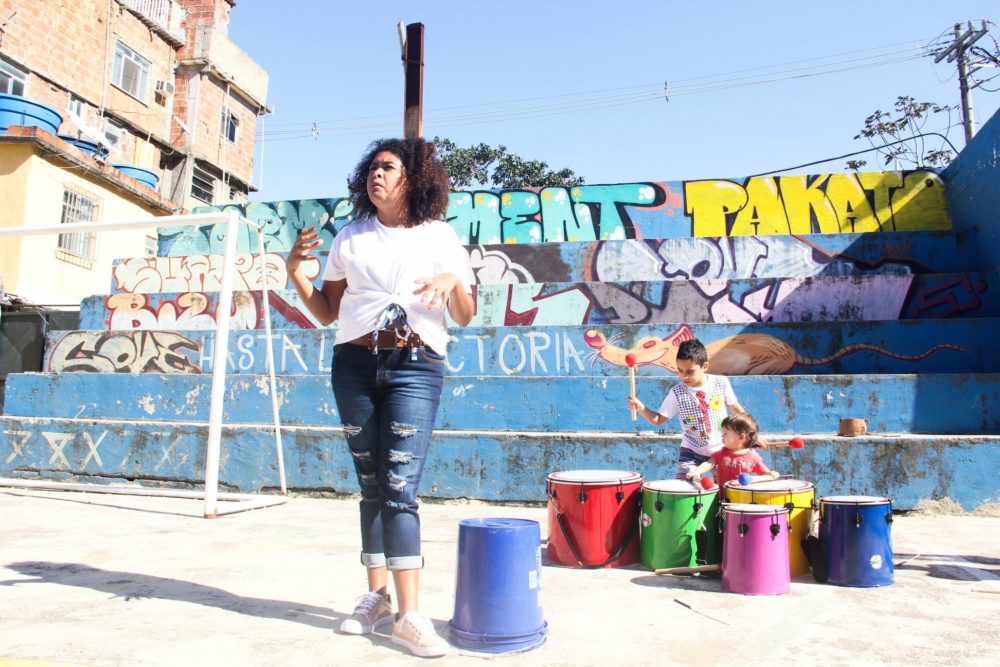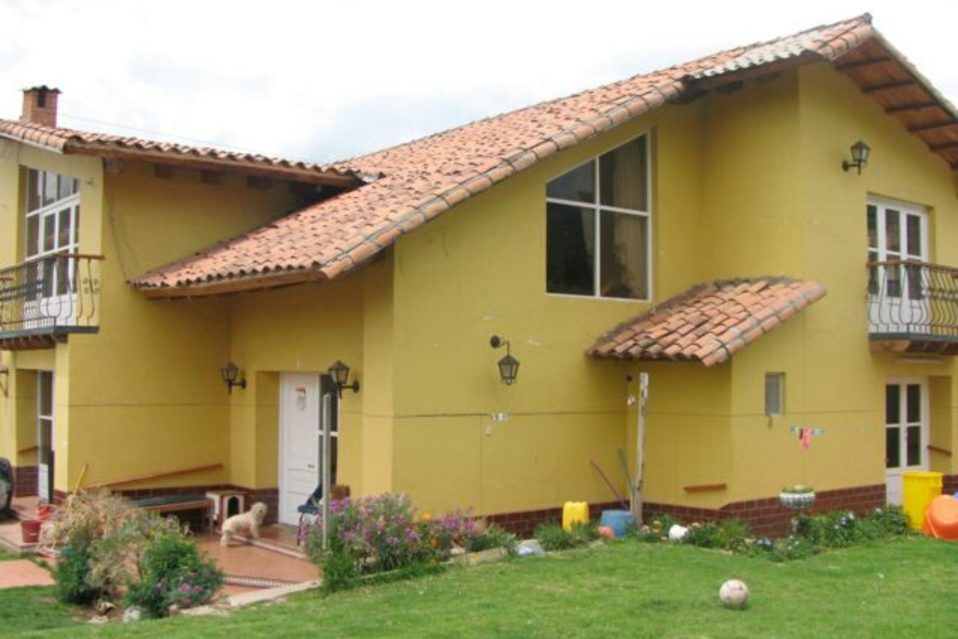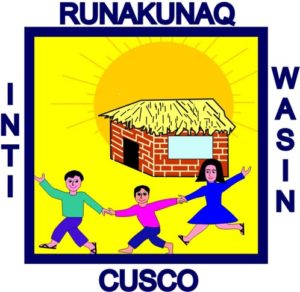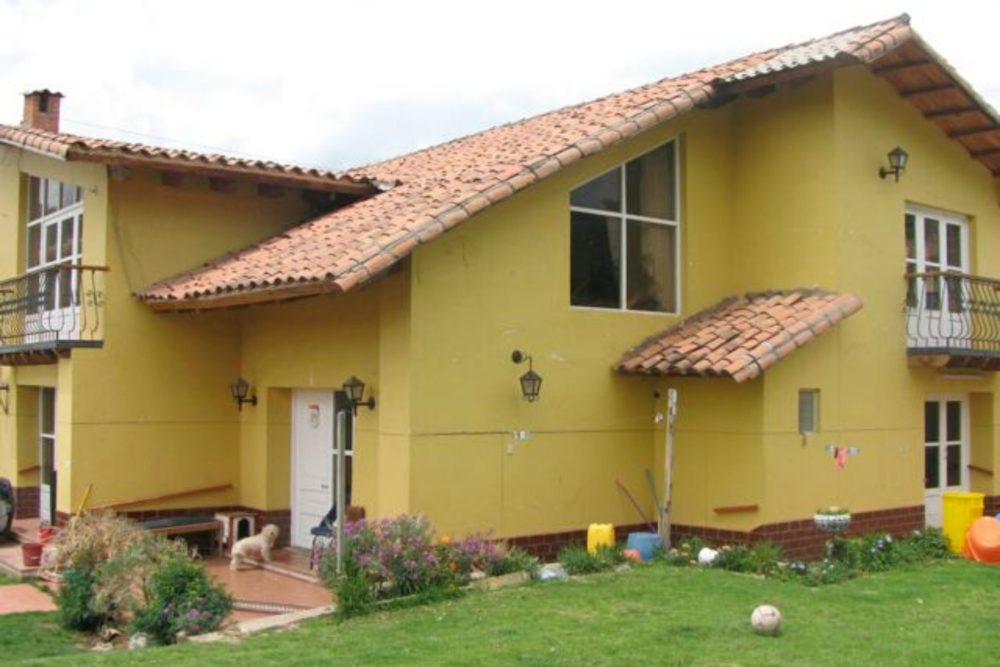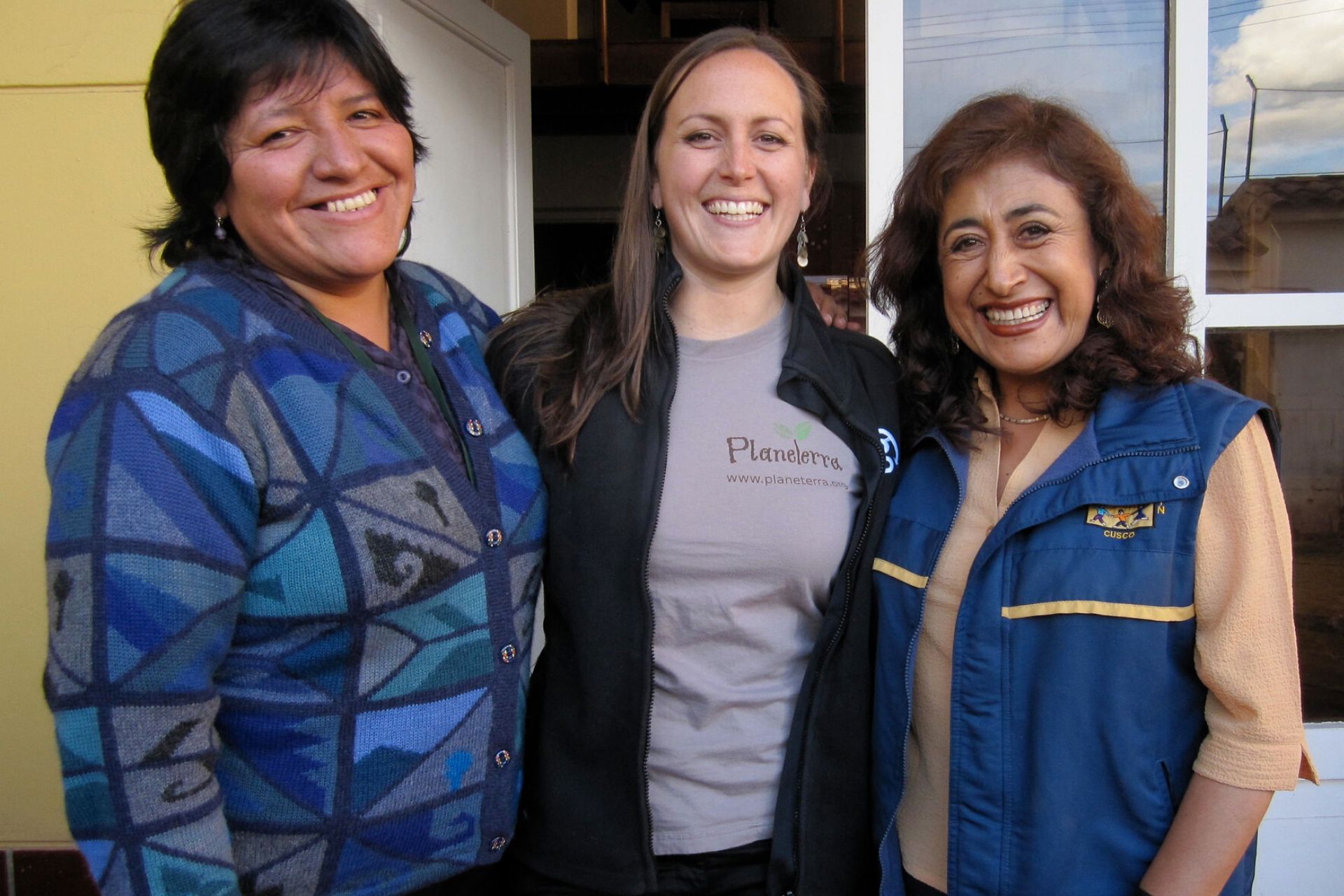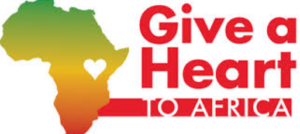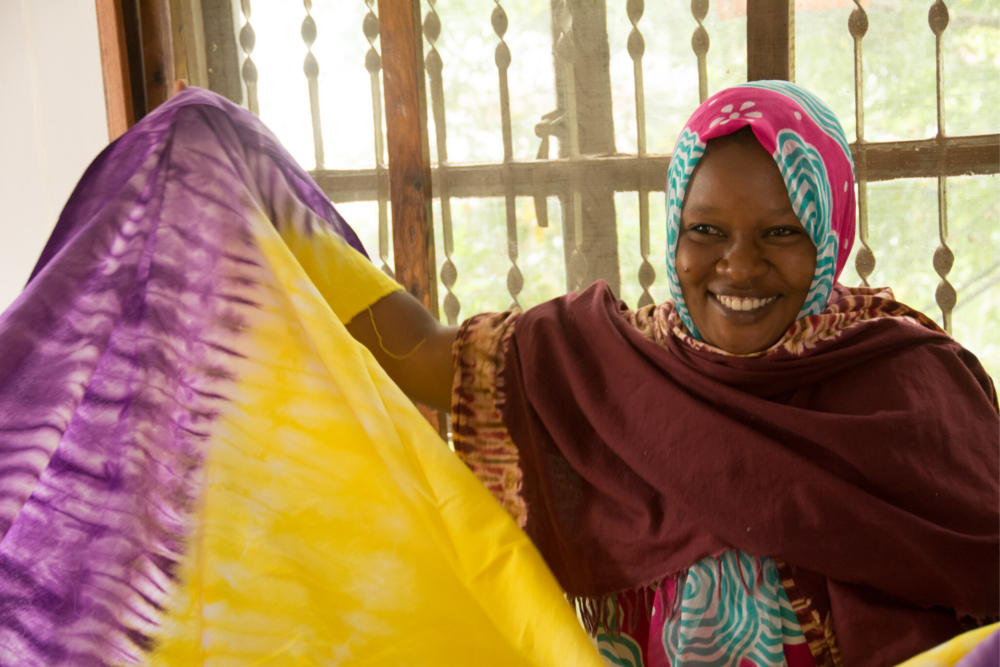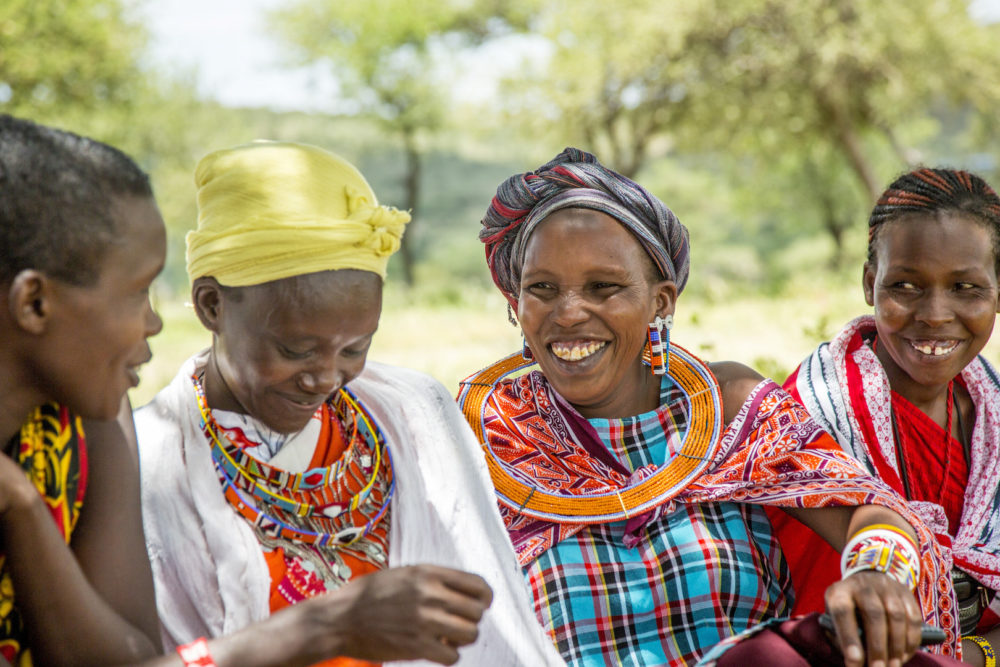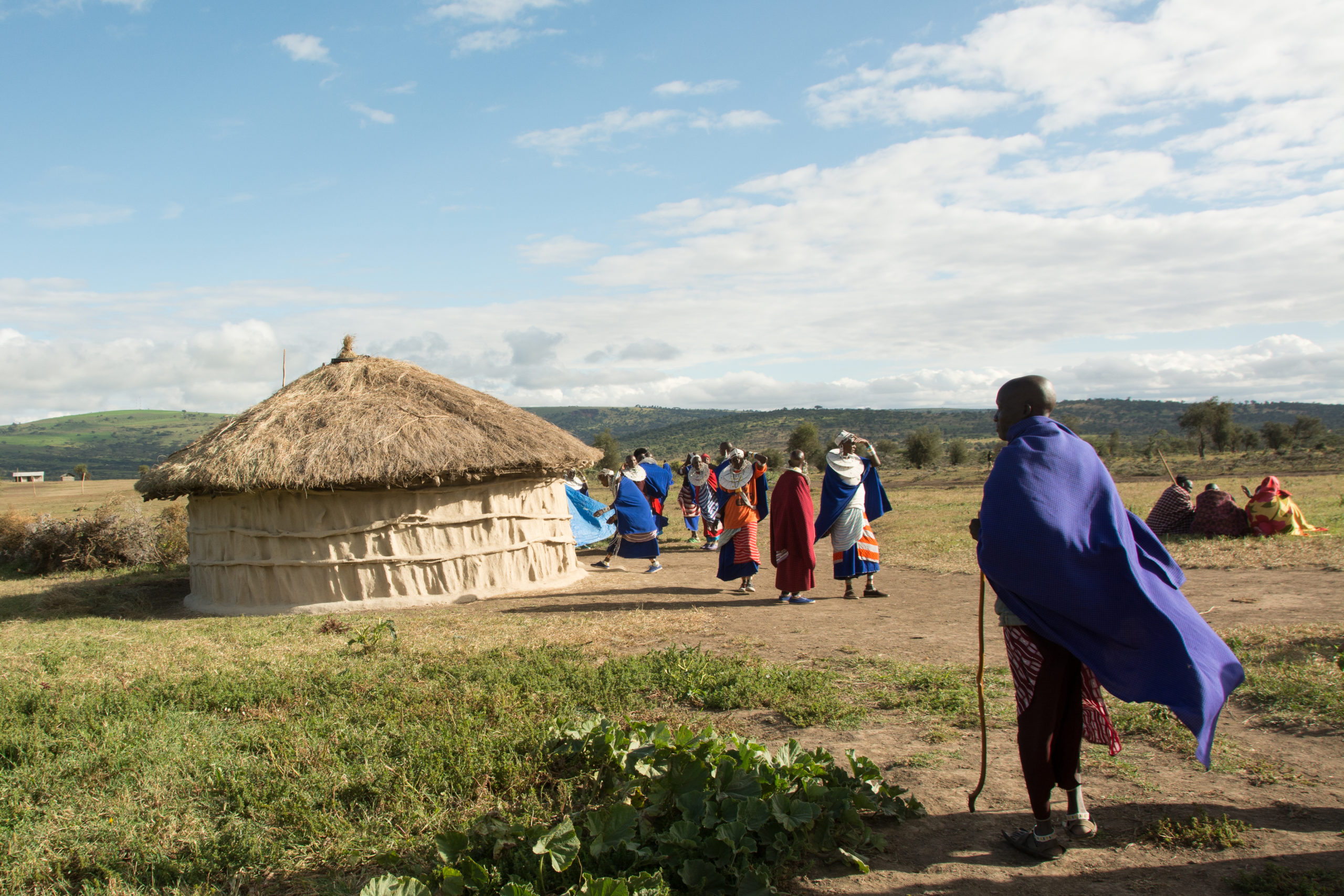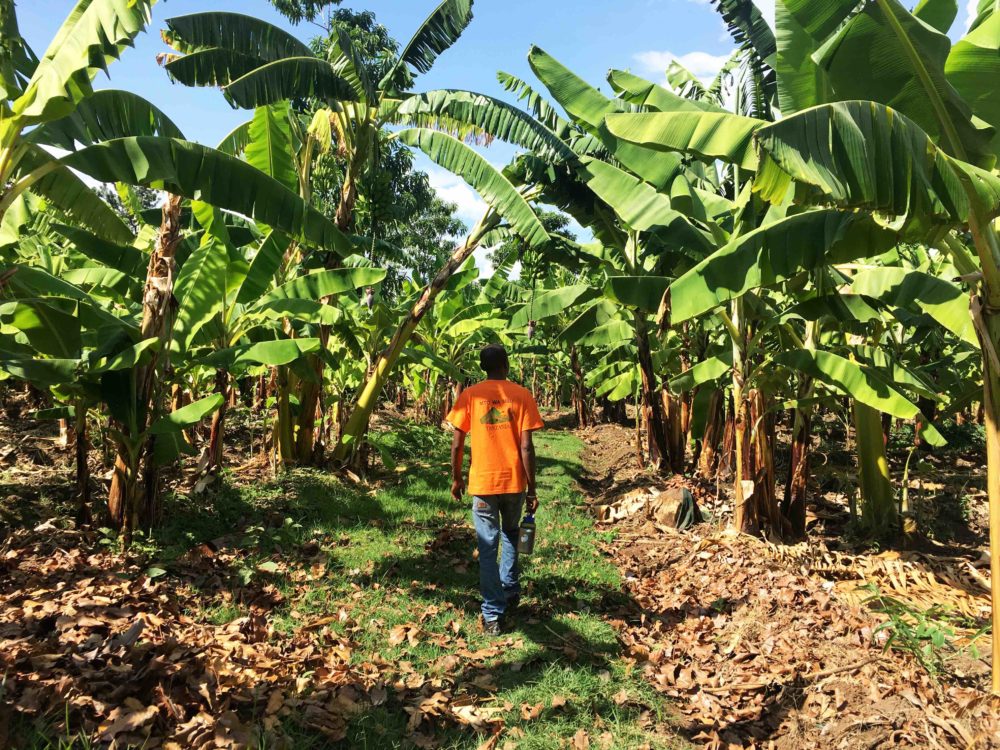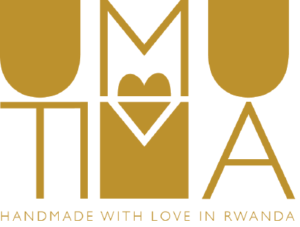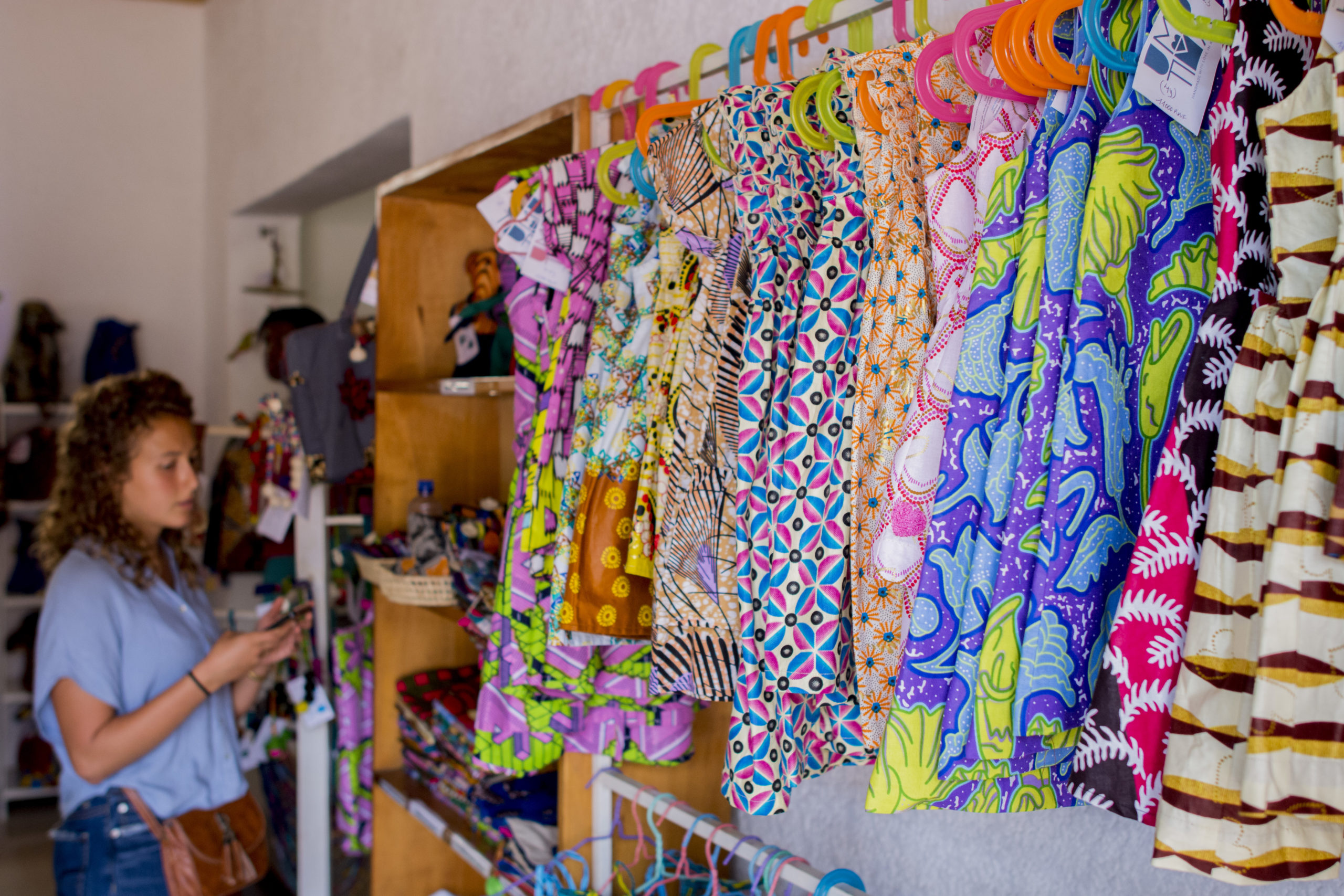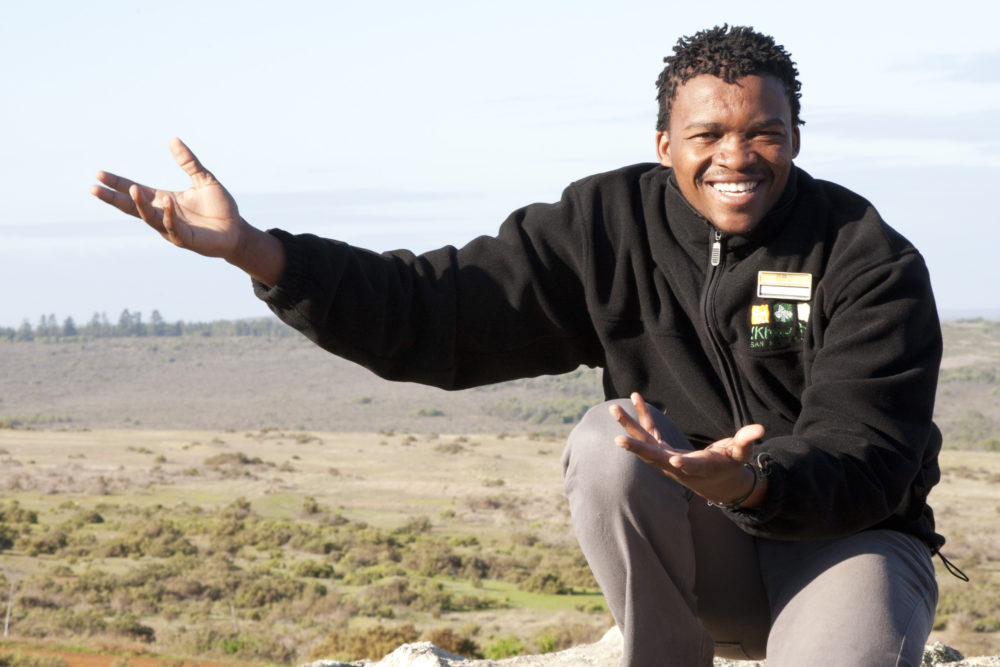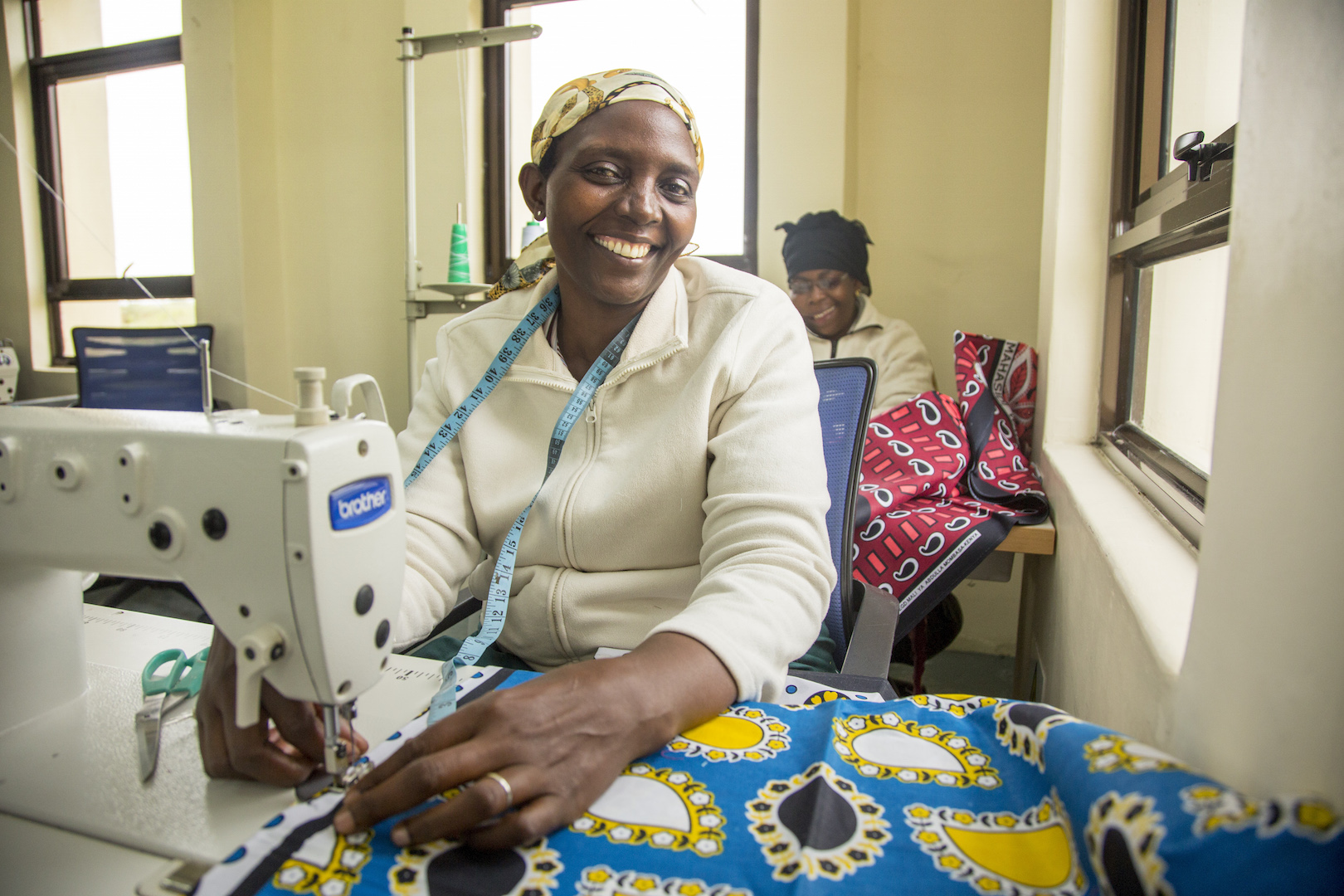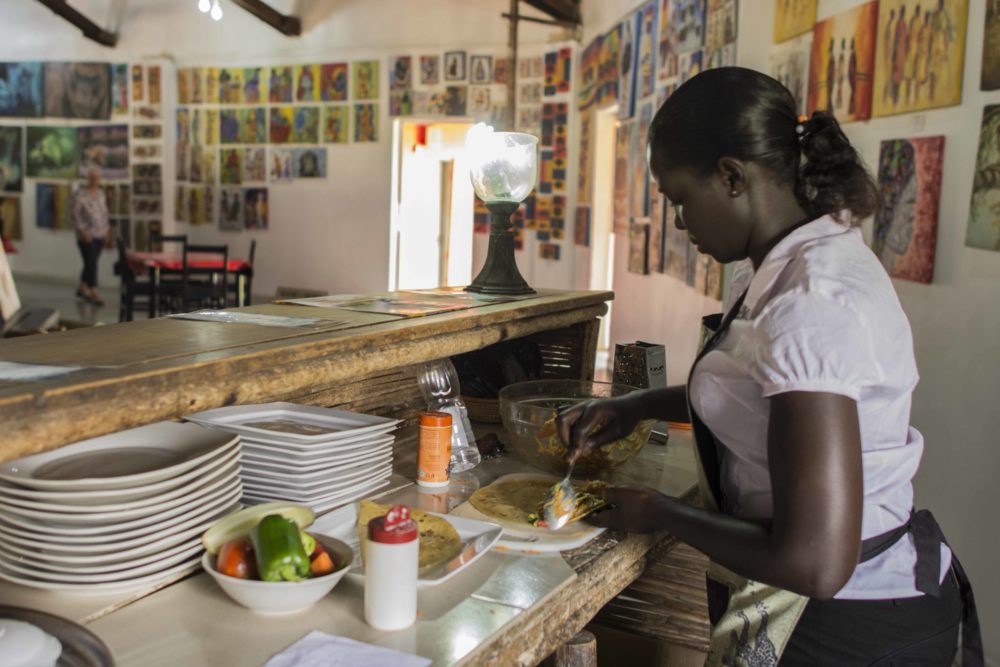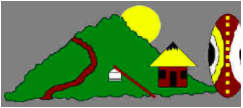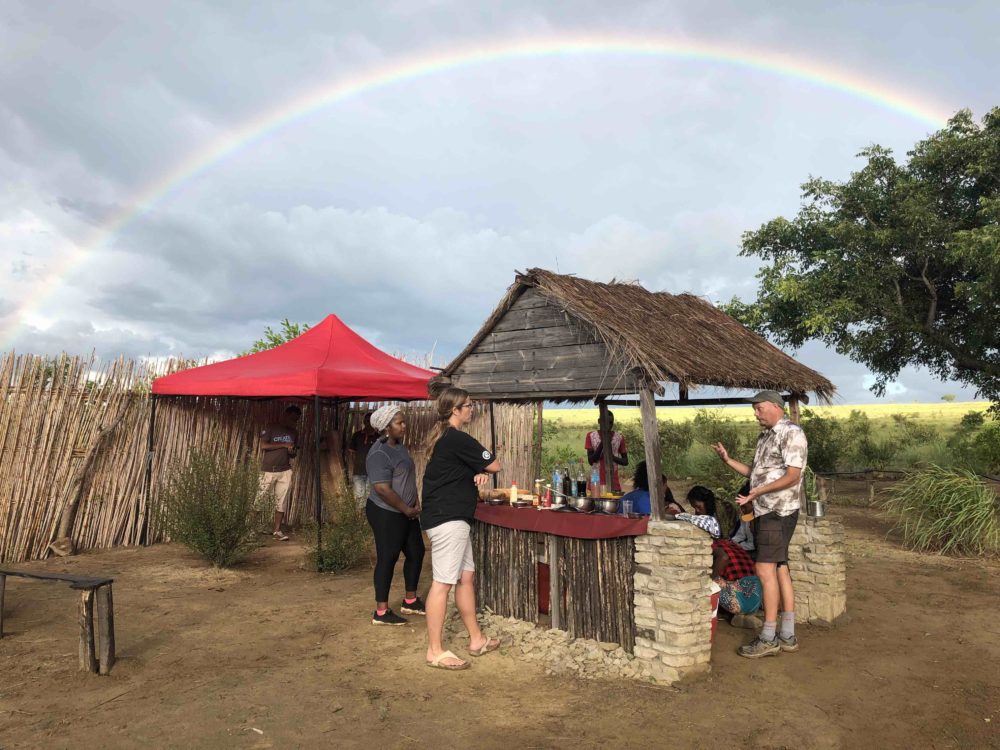Parwa Community Restaurant

Impact
Parwa Community Restaurant opened in March 2014 and now has an average of 1,500 travellers each month. The restaurant directly benefits more than 40 individuals, with ripple effects throughout the community, as revenue from the restaurant has been used to execute clean water projects, and even install a computer lab for the community’s youth. The employees at the restaurant have monthly salaries, health insurance, pension funds, and other labour benefits. Over 25 micro entrepreneurs received technical assistance and funds to establish new businesses to supply the Parwa restaurant or sell their goods to travellers who visit the Huchuy Qosco community.

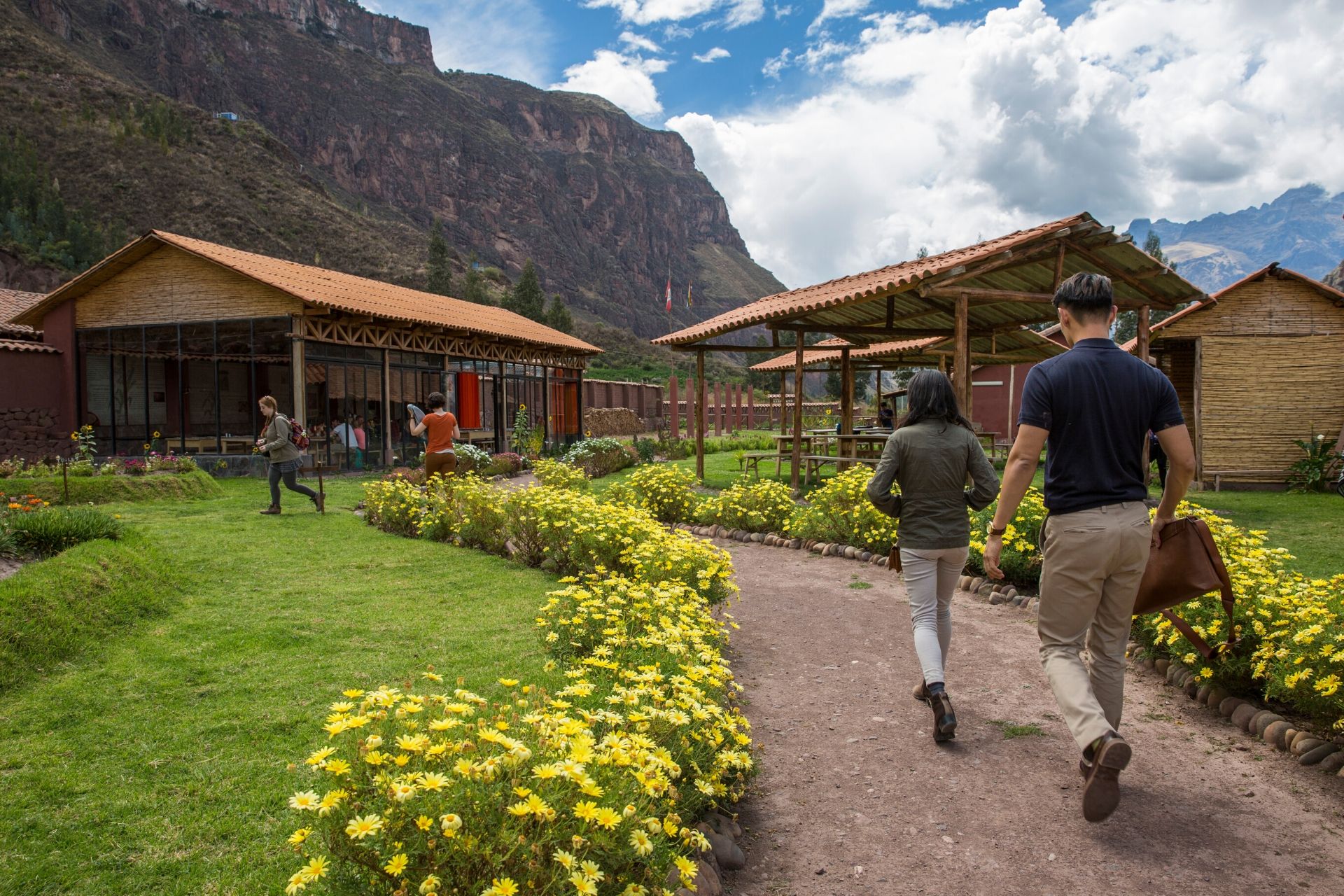
Critical Need
In Huchuy Qosqo, 50km from the city of Cuzco, the male population mostly worked as skilled and unskilled labour in public works for the local government. Women mostly engaged in household activities, as well as farming, with little access to economic opportunities nearby. Many young people are forced to leave the community to study and work in larger cities. For many years, Huchuy Qosco residents saw tourism growing and wished for a way to benefit from it. They had received funding for some projects like handicrafts and homestays but never saw results and still struggled to make ends meet.
Our Involvement
Parwa Restaurant is owned by the Huchuy Qosqo Association, a community-based tourism enterprise developed by Planeterra with co-financing from the Multilateral Investment Fund of the Inter-American Development Bank Group. All income earned by the restaurant is used for investment in social projects for the community. The ingredients used in the restaurant are bought directly from the local farmers, providing a local market for direct sales.
